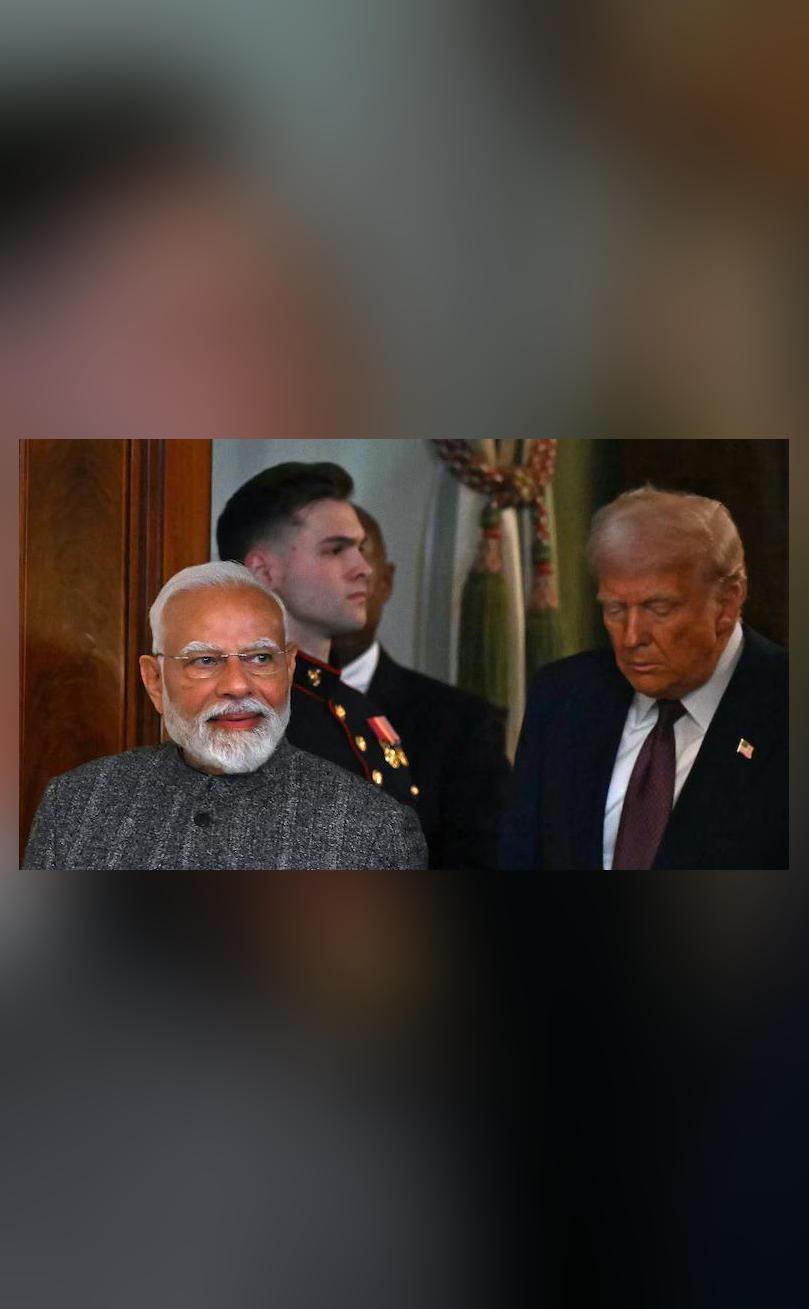
Trump’s Tariffs Can Push India Closer to Russia & China: Ex-US NSA
In a shocking move, President Donald Trump’s administration has imposed 50% tariffs on India, sparking widespread criticism and concern. The latest development has added fuel to the already strained ties between the two nations. Amidst the chaos, Former US National Security Advisor John Bolton has spoken out, warning Trump against the decision, stating that it could have severe consequences. Bolton believes that the tariffs will not only harm India but also push it closer to Russia and China.
Bolton, who served as the National Security Advisor from April 2018 to September 2019, has been a vocal critic of Trump’s policies. In a recent interview, he expressed his concerns about the tariffs, saying, “Trump’s heavy-handed tariffs on India jeopardise decades of American efforts to bring India away from Russia and China.” He emphasized that the decision could have long-term implications for Indo-US relations.
The tariffs, which went into effect on June 5, are a result of a growing trade dispute between the two nations. The US has been complaining about India’s trade practices, including its refusal to import American farm products and its restrictions on foreign companies. India, on the other hand, has been demanding greater access to the US market and has been critical of the country’s high tariffs on Indian goods.
The crisis began when the US withdrew its preferential trade treatment to India under the Generalized System of Preferences (GSP) in June 2019. The move was seen as a major setback for India’s economy, which relies heavily on exports. The US claimed that India’s tariff increases on American goods, such as almonds and apples, were unfair and targeted certain American companies.
However, India has maintained that the tariffs were necessary to protect its domestic industries. The country has also accused the US of unfairly targeting it, while giving concessions to other nations. The situation has escalated to the point where the two nations are now engaged in a trade war.
Bolton’s warning is significant, as it highlights the potential consequences of Trump’s actions. India, which has long been a key partner for the US in the Indo-Pacific region, could drift further away from Washington and closer to Beijing and Moscow. The implications of such a move would be severe, as it would undermine US influence in the region and create a power vacuum that China would be eager to fill.
The tariffs could also have a significant impact on the Indian economy. India is a major market for American companies, and the increased tariffs could lead to a decline in exports. The Indian rupee has already depreciated against the US dollar, and the tariffs could further exacerbate the situation.
In addition, the tariffs could also jeopardize the US-India nuclear deal, which was signed in 2008. The deal allowed India to conduct nuclear trade with the US and other nuclear-weapon states. However, the deal has been under threat, as India has been critical of the US’s refusal to provide it with nuclear technology.
The situation is further complicated by the fact that the US has been trying to forge a Quad alliance with India, Japan, and Australia to counter China’s growing influence in the region. The tariffs could undermine these efforts, as India could become more isolated and turn towards China and Russia for support.
Bolton’s warnings are not without merit. India has been gradually increasing its ties with Russia and China in recent years. In 2019, India signed a $5 billion deal with Russia to purchase S-400 air defense systems, despite US warnings that the deal would harm Indo-US relations. India has also been strengthening its ties with China, despite the two nations’ border disputes.
In conclusion, Trump’s decision to impose 50% tariffs on India could have severe consequences. The tariffs could push India closer to Russia and China, undermine US influence in the region, and jeopardize the US-India nuclear deal. Bolton’s warning serves as a reminder that the tariffs could have long-term implications for Indo-US relations and the global balance of power.
Sources:






